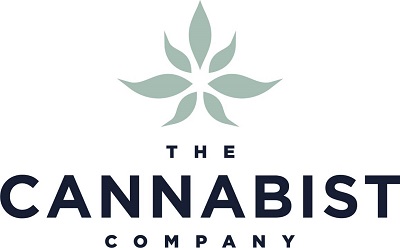By Michael J. Liss, Esq.

The 2020 ballot in Florida will not include an initiative toward recreational marijuana. An awaited decision of the Florida Supreme Court may well determine whether an initiative will be on the ballot in 2022. The residents of Florida routinely take the law into their own hands, in that instead of relying on their legislators to pass laws of great public interest, the residents amend the state’s constitution. This is typically called the “ballot initiative” process. This process led to the 2016 passage of “Amendment 2”, which ushered in our medical cannabis system. Florida’s initiative process is multi-phased. Initially, a potential sponsor drafts an initiative. The sponsor then must register as a political action committee so that its financing is subject to oversight. As well as registering, the group must then forward thee proposed amendment to the secretary of state in petition form.
The initiative must be submitted with a title and summary. The petition forms gather signatures, and once a threshold is reached, the ballot summary and title are sent with the preliminary signatures to the attorney general, who is required to petition the Florida Supreme Court for an advisory opinion as to whether the measure complies with law and the United States Constitution. Once the court determines that the language of the summary and title meet legal requirements, then it’s a matter of getting enough valid signatures, from enough counties, to be placed on the ballot. If 60% of voters approve, the initiative passes. There will not be any recreational (“adult-use”) initiative on the 2020 ballot. But an initiative from this cycle may well be on the 2022 ballot. We await the Florida Supreme Court’s ruling regarding the validity of the title and summary of MAKE IT LEGAL FLORIDA’s initiative.
Due to Florida’s laws, many signatures collected in support of the initiative will remain valid for a 2022 effort, and if the court finds the language acceptable, this initiative is very likely to be on the 2022 ballot. The two major rights to be granted through the initiative are (1) for our licensed medical marijuana treatment centers to sell cannabis for recreational use and (2) for any adult to possess up to 2.5 ounces without being “subject to criminal or civil liability or sanctions under Florida law.”
This initiative had enough detractors and competitors to keep it from success on the 2020 ballot. As long as the court approves, I predict it will appear on the 2022 ballot and pass. The court recently heard arguments from the attorney general and the petitioner, as well as other non-parties, to assist in reaching its decision. The arguments were the Supreme Court’s first remote arguments due to COVID. The arguments were necessary and necessarily demonstrate the strain of our “federal” “republic” system, in which states remain sovereign, but only up the limits of federal law, or enforcement of federal law. The opposition to the amendment (argued by the AG and others) was that it is deceptive to tell a voter that they won’t be prosecuted for cannabis possession without warning the voter that they can be prosecuted under federal law.
Based upon the questioning and answers given, I believe the court will find this argument in favor of the petitioner, as the language specifically relates to liability under Florida law only and states the same, expressly. This does demonstrate the tension between federalism and states’ rights. The Supreme Court’s role is solely to decide whether the language meets a couple of legal standards. It does not render an opinion about whether it believes the initiative should or should not become law. That is left to the residents of the state. The initiative was argued to be a “piggy-back” extension of the medical cannabis system already in-place. Since the court permitted a whole cannabis industry to arise and thrive in the face of contrary federal law, since little other worthwhile argument was offered on other points, I do believe the court will approve the language.
If approved, this initiative has a great head start toward success. Signatures are valid for 2 years in Florida. Of the 766,200 signatures required, 553,975 were submitted, many of which will remain valid in 2021 and into 2022. I expect an adult-use system by 2022 and unless a super initiative comes from nowhere, this is the leading contender for passage.
We’ll expand the MMTCs and allow for recreational under that current licensing system, which will continue to get tweaked by the legislature. It may not be the system you were hoping for, but it is likely the system you’ll get, and it’s likely up for vote in 2022.
Michael Liss, Esq. can be reached at ml@integritycounselpa.com or (561) 981-2507, located in Boca Raton.










